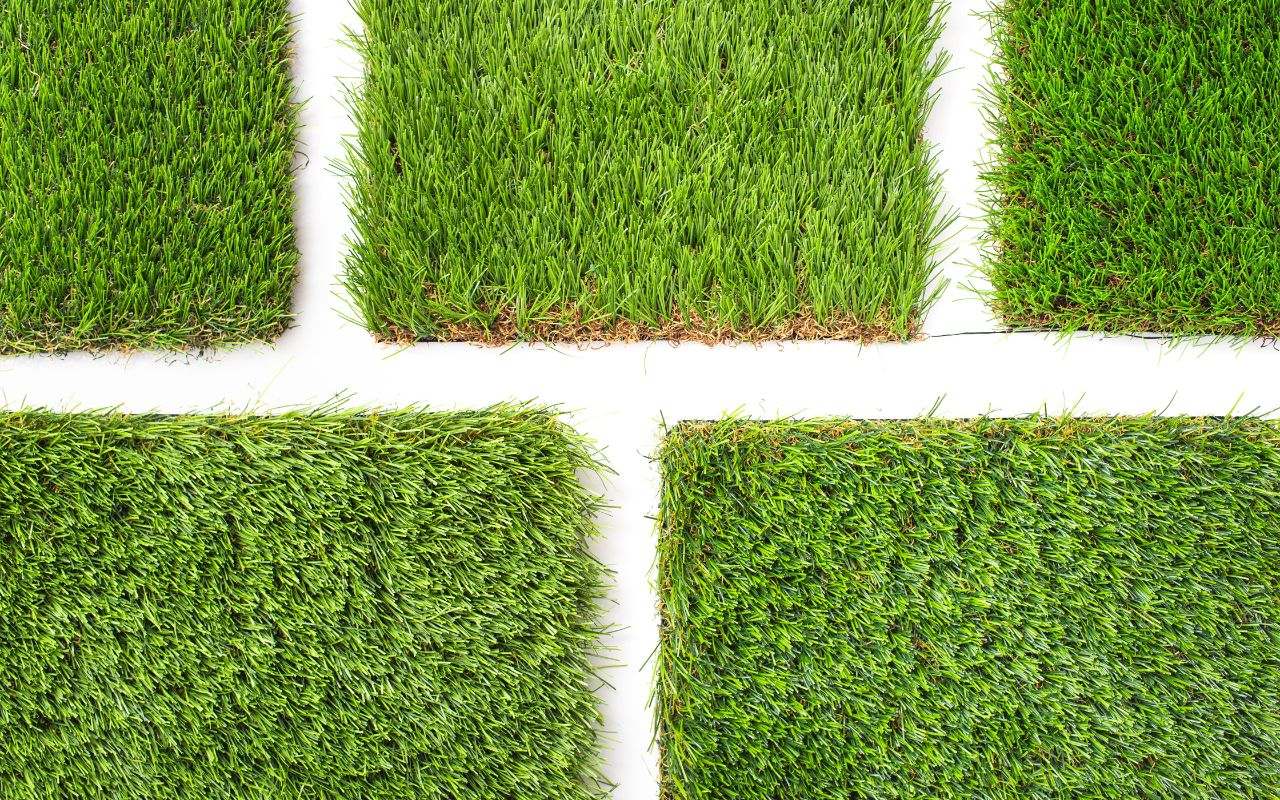Learning how to care for Virginia lawns effectively can transform your yard into a lush, green oasis. This guide dives into the essentials, helping you understand your local soil and climate to maintain beautiful grass year-round. From choosing the suitable grass variety to fine-tuning your watering routines, we’ll share tips and tricks to ensure your lawn stays healthy and attractive.
Essential Strategies: How to Care for Virginia Lawns
Dive into our comprehensive guide on how to care for Virginia lawns, where we explore essential maintenance tips that ensure a lush, healthy, and vibrant yard all year round.
Choosing the Right Grass
Firstly, selecting the appropriate grass type is crucial for a thriving Virginia lawn. Consider the climate zones of Virginia—cool-season grasses like Tall Fescue thrive in the mountainous regions. In contrast, warm-season varieties like Bermuda grass are better suited for the hotter southeastern areas. Consequently, knowing your region helps pinpoint the best grass for your landscape.
Here’s a quick overview of grass types by Virginia climate zone:
1. Mountainous Regions (Cooler Northern Zones)
- Tall Fescue: Tolerates cold well and remains green year-round.
- Kentucky Bluegrass: Known for its lush color and texture.
2. Piedmont Regions (Transitional Zone)
- Zoysia Grass: Drought-tolerant and handles moderate cold.
- Fine Fescue: Thrives in shady areas and cooler temperatures.
3. Coastal and Southeastern Regions (Warmer Zones)
- Bermuda Grass: Excellent for hot climates, very drought-resistant.
- Centipede Grass: Low maintenance and grows well in acidic soil.
Soil Health and Preparation
Additionally, preparing your soil is a foundational step. Conduct a soil test to determine pH levels and nutrient deficiencies. This knowledge lets you tailor your fertilization and amendment strategies effectively. For instance, if your soil is too acidic, applying lime can help balance the pH, promoting better nutrient absorption and healthier grass growth.
Watering Practices
Moreover, establishing an intelligent watering routine is vital. Virginia lawns typically need about 1 to 1.5 inches of water per week from rainfall or irrigation. Water your lawn early in the morning to minimize evaporation and prevent fungal diseases. Adjust your watering based on the season; less is more during the cooler months.
Mowing Techniques
Furthermore, proper mowing is essential for lawn health. Always use a sharp blade to prevent tearing the grass, which can lead to disease. The ideal mowing height depends on the grass type, but keeping it at about 2-3 inches during the growing season encourages deeper root growth and weed suppression.
Fertilization Schedule
Regular fertilization is key to maintaining a lush, dense lawn. Use a slow-release nitrogen fertilizer to feed your grass steadily over time. Also, timing your applications is essential; apply in early spring and late fall to support growth when it’s most beneficial.
Weed and Pest Control
Additionally, managing weeds and pests is critical. Apply pre-emergent herbicides in early spring to prevent weed seeds from germinating. If pests are an issue, identify the specific pests damaging your lawn and choose an appropriate treatment that won’t harm the surrounding environment.

Seasonal Lawn Care Tips
Furthermore, adapting your lawn care to the changing seasons ensures year-round beauty. Aerate your lawn in the fall to relieve soil compaction and enhance nutrient uptake. Overseeding with the right grass type can fill bare spots and improve your lawn’s overall density and color.
Green Queries: Lawn Care FAQs
- What is the best time to water my lawn in Virginia?
Water your Virginia lawn early in the morning to minimize evaporation and maximize absorption.
- How often should I mow my lawn in summer?
In summer, mow your lawn once weekly, adjusting based on growth rate and weather conditions.
- Can I fertilize my lawn in the summer?
Avoid applying high-nitrogen fertilizers during hot months to prevent burning your grass.

Let’s Cultivate Your Perfect Lawn Together
Dreaming of a flawless lawn? Learn how to care for Virginia lawns with our expert team. We provide personalized advice and practical solutions tailored to your local conditions. Whether routine maintenance or tackling specific issues, our professionals are ready to help.
Let us guide you to achieve the lush, vibrant lawn that makes your neighbors green with envy. Step up your lawn game—call us today!



